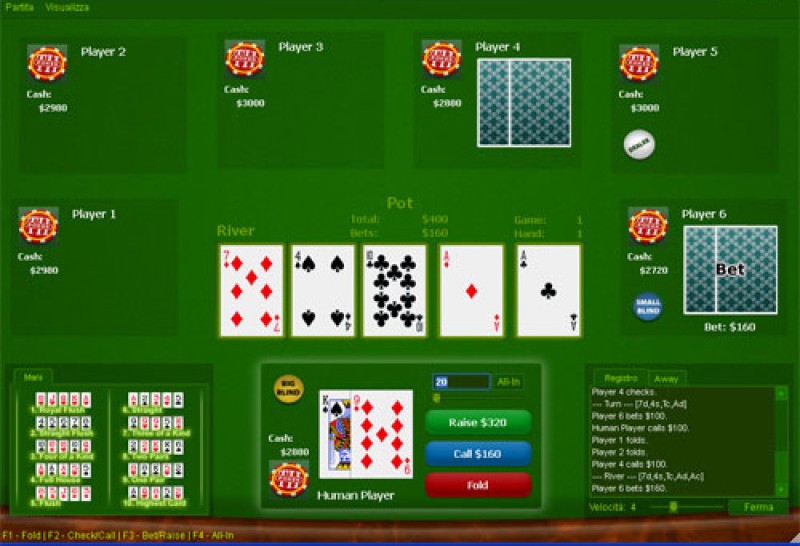At the end of a three year-long trial, the Bologna Court sent Nicola Femia, 56, behind bars for 26 years and 10 months for running the mafia-type gambling business. His son Nicola Rocco, 26, received a 15-year jail term, while his daughter Guendalina, 32, was handed a 10-year and three months sentence.
The family controlled poker and casino websites that were hosted in Romania and the United Kingdom but operated in Italy without national license.The groups’ counterfeit slot machines in bars and shops provided access to the virtual casinos, according to the investigators.
The organization had a chain of command and regional supervisors managed more than 50 gaming centers throughout the country. They often used force to collect the profit.
The court also sentenced Massimiliano Rizzo–the London-based partner of the Femias–to three years for conspiracy to organize fraudulent on-line gambling activities. He was cleared from a charge of mafia-type association.
Rizzo managed several casino sites-888Suite.com, Vivacasinoelite.com, Vanillascasino.com and Davidcasino.com- licensed to Femia.
Italy’s financial police recorded frequent conversations between the Femias and Rizzo or his partners providing technical support from the British capital. Rizzo traveled to Italy almost every month to pick up his share in cash– around US$ 25,000.
The Femia Romanian partner was was cleared from charges of mafia-type association and conspiracy to promote clandestine gambling activities. The judge ruled that he was not an integral part of the criminal organization and was not responsible for making sure the sites complied with Italian legislation. The decision was upheld by the Supreme Court.
The Femia group did not hesitate to turn to violence and intimidation to defend their business. Investigative journalist Giovanni Tizian received death threats after he first reported about the dubious nature of Femia’s gambling empire.
"If we get to this journalist he either shuts up or I will shoot his mouth off," one of the Nicola Femia’s aides was recorded saying in a wiretapped conversation.
Tizian sued and his case was made part of the trial. The court granted him € 50,000 (US$ 52,900) in compensation.
The guilty verdict has been hailed as a landmark decision in Emilia-Romagna, a region not traditionally known for the presence of homegrown mafia clans. This is the first time that the Court in Bologna acknowledged the existence of a mafia-type in its province.






